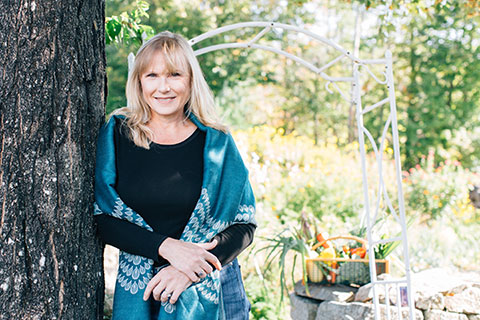Sugar’s Impact on Your Health
Today I would like to discuss how sugar is affecting our health. Many of my clients will report that they don’t add sugar to their food, so they don’t think that sugar is a problem. Well I’d like to tell you that sugar is a big player in our food supply and in the current incidence of many of our country’s chronic diseases. Obesity, diabetes, heart disease, high blood pressure and cancer as well as brain conditions such as Alzheimer’s Disease and depression are all linked to excess sugar consumption. It is likely that each of you know someone, perhaps even yourself, that has one or more of these conditions. Sugar impacts all of us.
Over the past 50 years there has been a dramatic increase of sugar added to our food supply. This trend started in the early 1970’s with the creation of high fructose corn syrup (HFCS), a sweetener that is cheaper and sweeter than sugar. HFCS was substituted for sugar and added to foods to enhance taste and brand preference. Processed flour is equally detrimental as it turns to sugar when digested. Currently the average American eats an average of 152 pounds of sugar and 135 pounds of flour annually. This is over three quarters of a pound daily.
For those of you who don’t add sugar or flour to your foods, listen up. You can still meet or exceed these totals because 63% of the calories from sugar and flour come from foods we buy. Top sources of sugar and flour in today’s Standard American Diet can be found in sweetened beverages (including fruit juices, sports drinks and flavored waters), cereals, flavored yogurts, desserts, candy and packaged snack foods. They can also be hidden in unsuspecting foods such as condiments, peanut butters, breads and crackers.
No not all sugar is bad. You see sugar occurs naturally in fruits, vegetables and dairy items. These foods have natural sugar vs added. Natural sugar, when consumed in the original food-think fresh fruits, plain yogurt and milks, sweet potato and beets-also contain healthy components such as fiber, vitamins and minerals. There is no need to avoid natural sugars in whole foods. Honey and real maple syrup, while more natural than sugar, are still processed and best limited.
Interested in ways you can reduce your own sugar intake? Consider one, or all of the below options.
- Watch the October showing of Nutritional Wisdom on the Wolfeboro Community TV Cable network. This show is available for viewing on tv or their website at www.wolfeborocommunitytelevision.com
- Text SUGAR to 984-203-6255 and get my 5-step action plan of easy ways to reduce sugar in your diet.
- Join one of my upcoming Sugar Detox Programs. Details available on my website at ccdnwc.com.

Patty Walker RD LD CDE CLT
Patty is proud to serve her community’s nutritional needs for over 35 years. WIth deep knowledge in nutrition for diabetes as well as passion for plant-based diets, Patty supplies nutritional keys to unlock health by getting to the root of disease and helping others set a course for optimizing health. In addition to coaching individual clients and teaching classes, Patty provides education seminars to local businesses, writes monthly nutrition articles, is a key educator for the Lions Club’s Diabetes-Reduction Initiative and hosts “Nutritional Wisdom” cable show on WCTV. The goal is to reach as many people in my community that I possibly can with the truth about the power of nutrition and healthy living.

Top 5 Mistakes People Make When Quitting Sugar
You try and try again but can’t seem to kick that sugar addiction. What’s up? Perhaps you’re mistakenly falling prey to one (or more) of the top mistakes that can keep you on the sugar rollercoaster.
